Marathon Recovery - What you need to be doing the first day, week, and month post marathon
Pro tip: Plan out your marathon recovery before the actual day of the race. It will make all the difference and is the easiest way to speed up your recovery time and feel your best asap!
on this Page we are going to talk about:
- What you can expect after a marathon (how you might feel)
- Recovery essentials you might want to have on hand post race
- What you should do immediately after the race
- What you should do before going to bed the first night post marathon
- What you should do during the week after your race
This will help you come up with a plan on how to recover from a marathon quickly and feel your best in no time at all!
Let's get started!
get the week before the marathon action guide + recovery Plan!👇
Get the Week Before Marathon Action Guide (+ Recovery Plan) Here!👉
What can you expect after a marathon?
If you're a female and have ever been through childbirth before…well running a marathon is a bit like that.
The final miles of a marathon can be torturous. If you aren't fully prepared mentally for so many miles then your mind and body are probably working in discord towards the end.
However once you cross that finish line you will probably experience this huge adrenalin rush.
You just completed a marathon!
Your runner's high is at a peak level. You might physically feel a bit shabby but you are probably SO happy that you have wrapped up that marathon training cycle and are officially a finisher! No matter what time you have you should be very proud!
In the hours following your finish however your high will begin to ebb away. This is when it hits you that marathons do take quite the toll on your body.
You will feel sore in the usual and unusual places. A lot of the soreness will be a direct result of your weaker areas of your body and where your form is lacking the most.
Some runners feel more sore in their knees while others (my hand is raised) feel it in their hips. You might experience soreness in your lower back, calves or feet. Probably all of those areas!
The point is to be aware of where it's bothering you the most. That's what you will want to target in the days following your marathon and even might be an area that you target with more strengthening exercises if you continue racing.
Other Things to Expect after a Marathon:
You probably wont experience all of these symptoms but here are some things you might experience.
- Chills
- Fever
- Sleepiness
- Stiffness
- Inability to walk using your normal gait
- Black toenails or even toenails that fall off (uggg)
- Bloody nipplesChafingNausea (whether before or after eating)Swelling (your body is retaining water to help repair damaged muscle fibers)
Muscle spasms
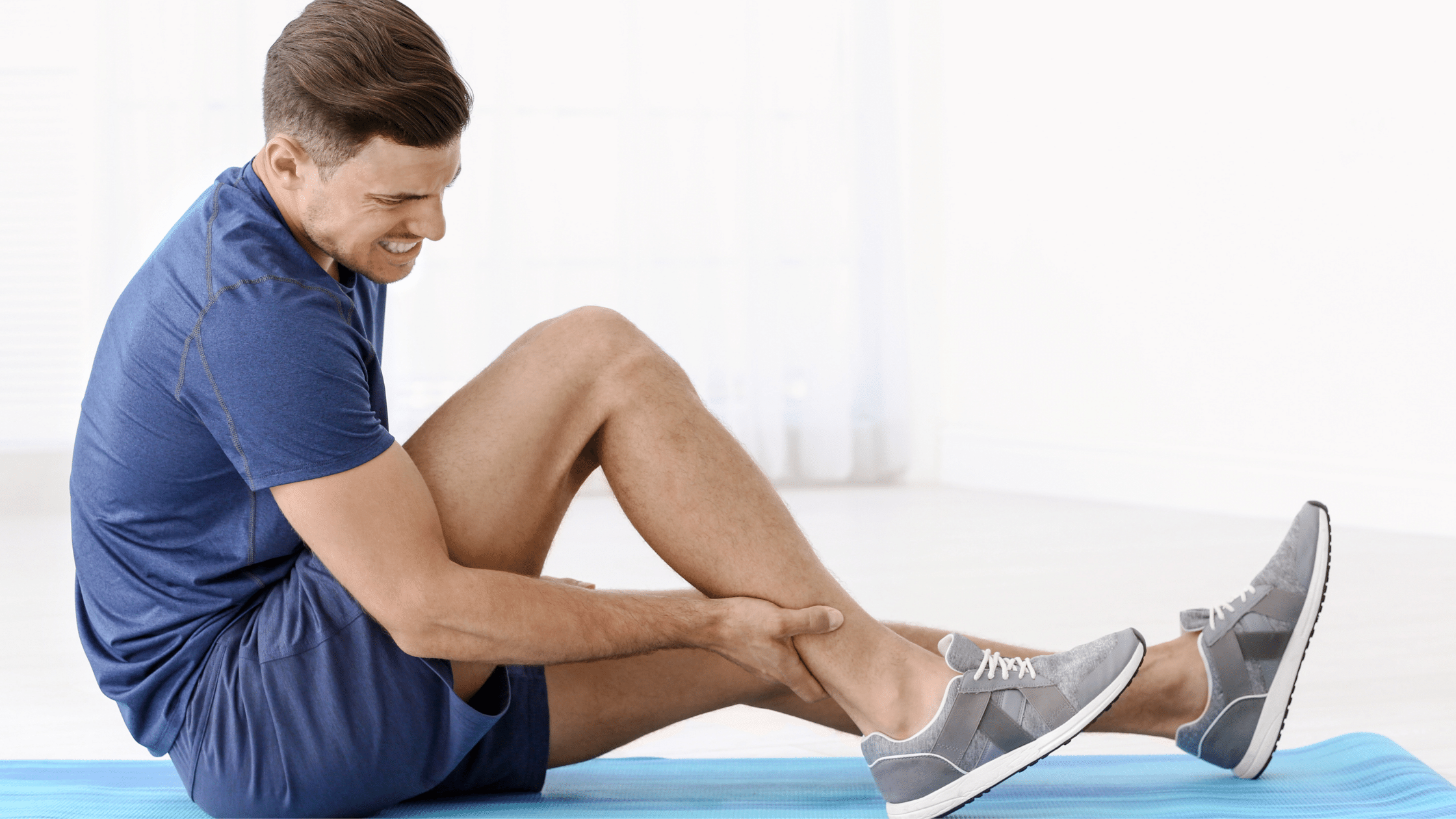
Now that you have somewhat of an idea of what you can expect after a marathon I want to share some of my post race marathon recovery essentials that I like to have on hand after every race to start the road to recovery.
17 Post-Marathon Recovery Essentials!
It's always good to be prepared and have things that you might need post marathon on hand before your actual marathon race day.
Preparing ahead of time becomes even more important if you are traveling to an out of town race.
Think about what you might want to bring with you to the race to have immediately following your finish line success. Also consider the things that you might want in the upcoming days post marathon.
Here's a list of post marathon recovery tools
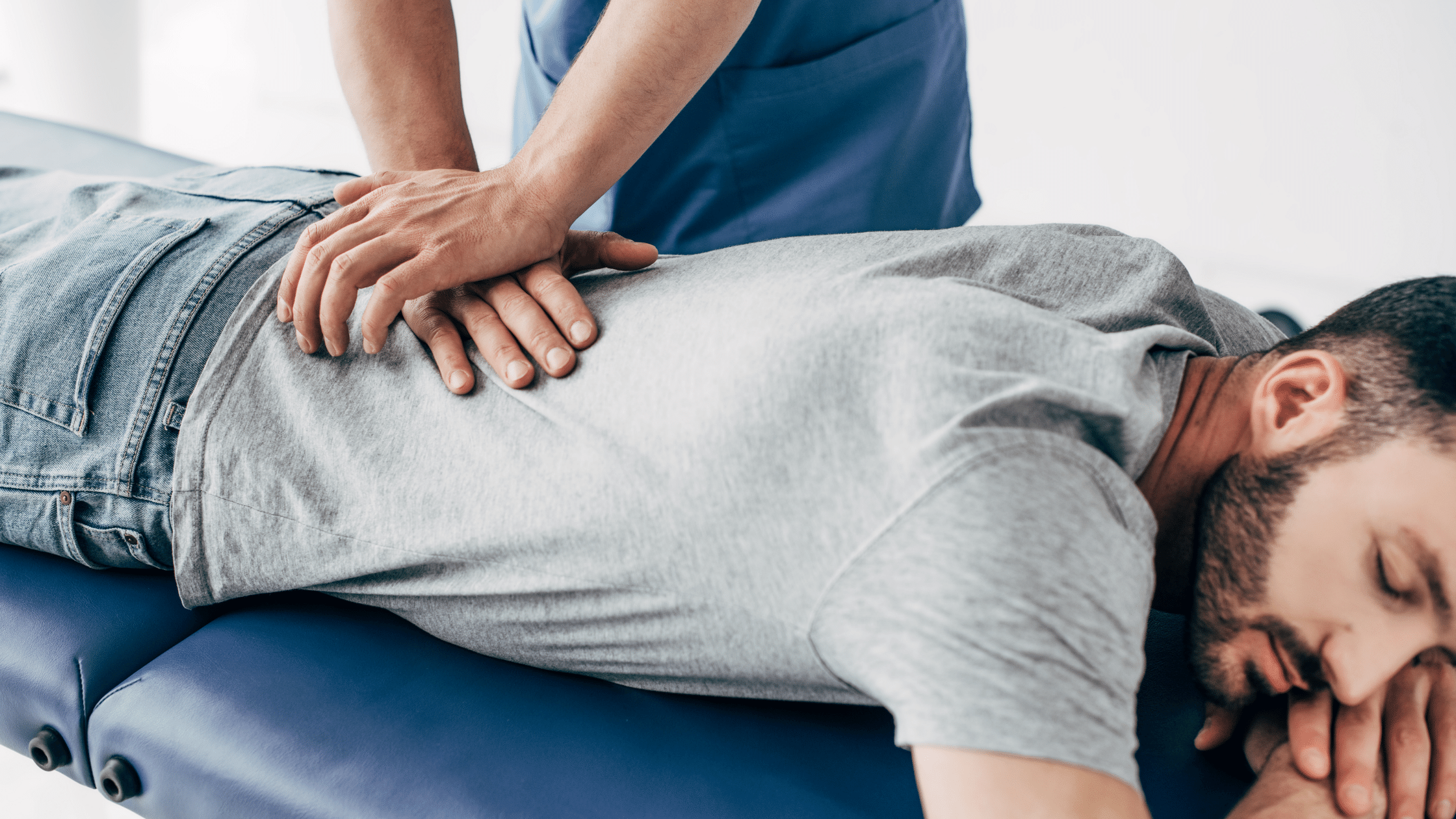
- Bio Freeze - Bio freeze is such a soothing gel to slather onto all of those sore muscles! This also comes in patches that you can stick onto your achy spots.
- Moleskin - If you have any blisters that need to be taken care if you are going back to work, etc. and need to wear appropriate shoes. Band aids might also do the trick depending on the severity of the blister.
- Any Appointments - Do you need to set up any appointments such as a massage or chiropractor treatment for after your marathon?
- Epsom Salt - Epsom salt baths are a great way to relieve muscle soreness and tension while allowing you to relax! Get your Epsom salt infused with essential oils to further aid in your marathon recovery.
- Instant Cold Packs - With instant cold packs there is no need to have ice at the finish line. These packs become cold upon squeezing them!Also, they are not overly large or cumbersome which makes them easy for you to pack up in your bag for the finish line.
- Heating Pads - Heating pads, hot water bottles, microwavable rice bags: again, muscle relief. That's what we're all about here!
- Chapstick - You might experience some very dry lips in the days post race.Stock up!This one from Burt's Bees is my personal favorite!
- Ibuprofen/acetomenaphin - You are going to want some sort of pain killer - especially that first night post marathon. You might find yourself with aches that keep you from sleeping. Pain relievers can help you get that good night's sleep.
- Body Glide - You are going to want it for any chafing that you might be blessed with.
- Massage Stick - Use a massage stick to actively break up any stiffness and tension in your muscles.
- High Carbohydrate Foods - You can have treats but mostly complex carbs as well! You need carbohydrates in order to build back those depleted energy reserves you just burned through.
- Your Energy Drink - Your energy drink: yes, keep drinking your energy drink post marathon! It will be one of the easiest and fastest ways you can recover from the marathon
- Water Bottle - Chug that water! This 32 ounce water bottle is my favorite!
- Comfy Socks - Comfy anything is going to provide soothing relief to your post marathon body. Cozy socks though are going to help alleviate your aching feet.
- Your Running Supplements - You are going to want to continue taking your running supplements especially Vitamin C (to boost your immunity!) and Vitamin B (for energy!)
- Compression Socks - You can read all about the benefits of wearing compression socks post marathon on this page. Bring them with you (if you're not wearing them already during the race) post marathon and wear them the rest of the day and even when you go to bed!
- Shoe to walk in immediately afte the race - I wrote this post on the best running recovery shoes that you might want to check out. Or do you have a pair? Are they good?
turn these post race marathon recovery essentials into a gift basket for another marathon finisher!
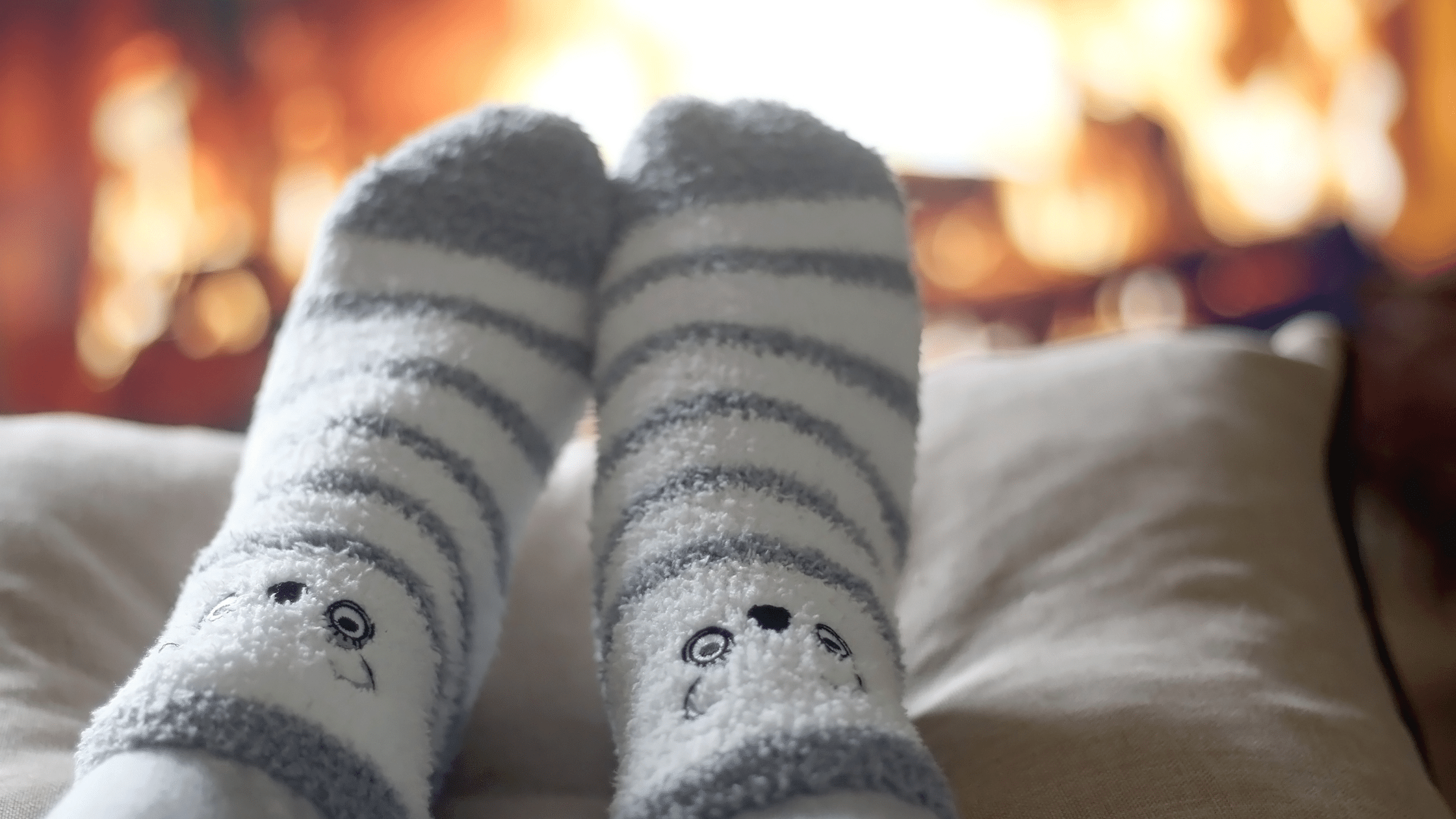
Perhaps include some of these treats in a gift basket for a soon-to-be marathon finisher:
- Gift card to their favorite restaurant or pizza place
- Their favorite candy
- A new running book
- A new running movie
- Gift card for a new pair of running shoes
- Throw in one of our free celebratory running cards as well
Your Marathon Recovery Timeline Guide:
Marathon Recovery during First 24 Hours
Check for swelling!
This is the first step in marathon recovery that you will want to take once you cross that finish line.
Check your ankles, legs, feet, knees, etc. Your body can not properly heel if you do have swelling and the faster you get it under control the faster you will recover.
Some runners will not experience any swelling but if you do follow the RICE principle: Rest, Ice, Compression, Elevation.
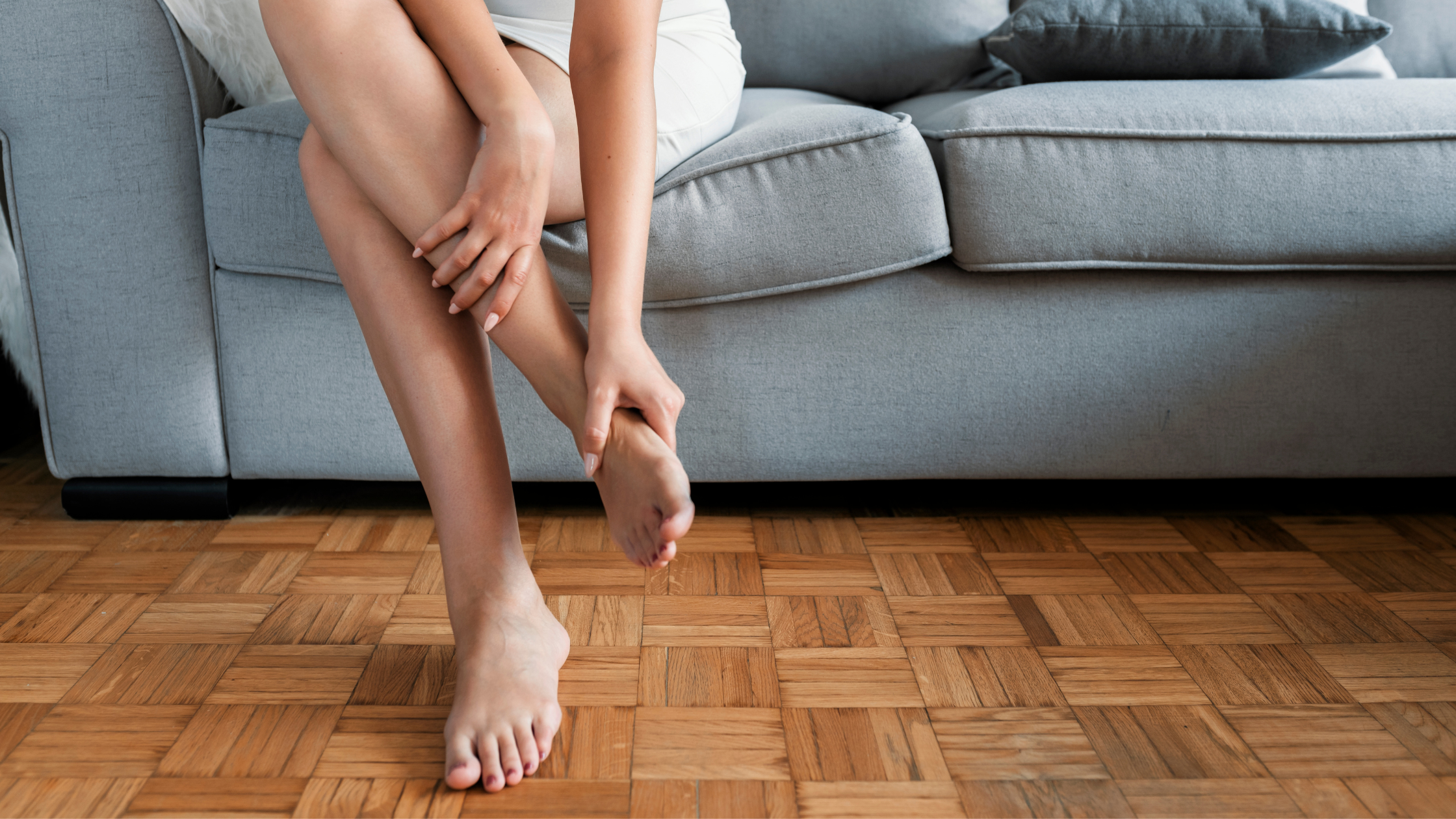
Start to actively reduce Inflammation.
If you do not have any swelling the next important thing in marathon recovery is to reduce inflammation that is occurring throughout your body.
You will definitely have inflammation after running such a long distance race and it is important to try to reduce this as much and as soon as possible.
This can be done by:
- taking NSAIDS such as ibuprofen,
- taking an ice bath,
- eating lots of fruit and vegetables,
- and drinking lots of water!
Here is a whole page on reducing inflammation as a runner!

Take advantage of the massage tent.
The times that I have gotten a massage immediately following a race I have recovered (in terms of muscle soreness) so much faster! Plus it feels ah-maz-ing.
Your "masseuse" will also probably give you some further insight on whether your joints are reaching their full range of motion, if you are imbalanced, if you are very tight in certain areas, etc. and will then give you some stretches that you can do to make that feel better and work it through.
Stretch it Out!
Even if you do go and get a massage be sure to spend a chunk of time stretching immediately following the race.
Open up your hips, stretch your inner thighs, and keep your legs straight. These muscles have been kept tight and have been undergoing a repetitive movement for 26 miles.
The more resistant these muscles are to stretching the greater their need to be stretched (unless of course, in the case of an injury).
You lose a lot of flexibility as a runner and even more so from running a marathon.
Try to work in at least 20 minutes of stretching on the day you finish your marathon. Keep stretching for 20 minutes per day for the next week.
Here are some best stretches for runners.
Here are some great hip stretches for runners.
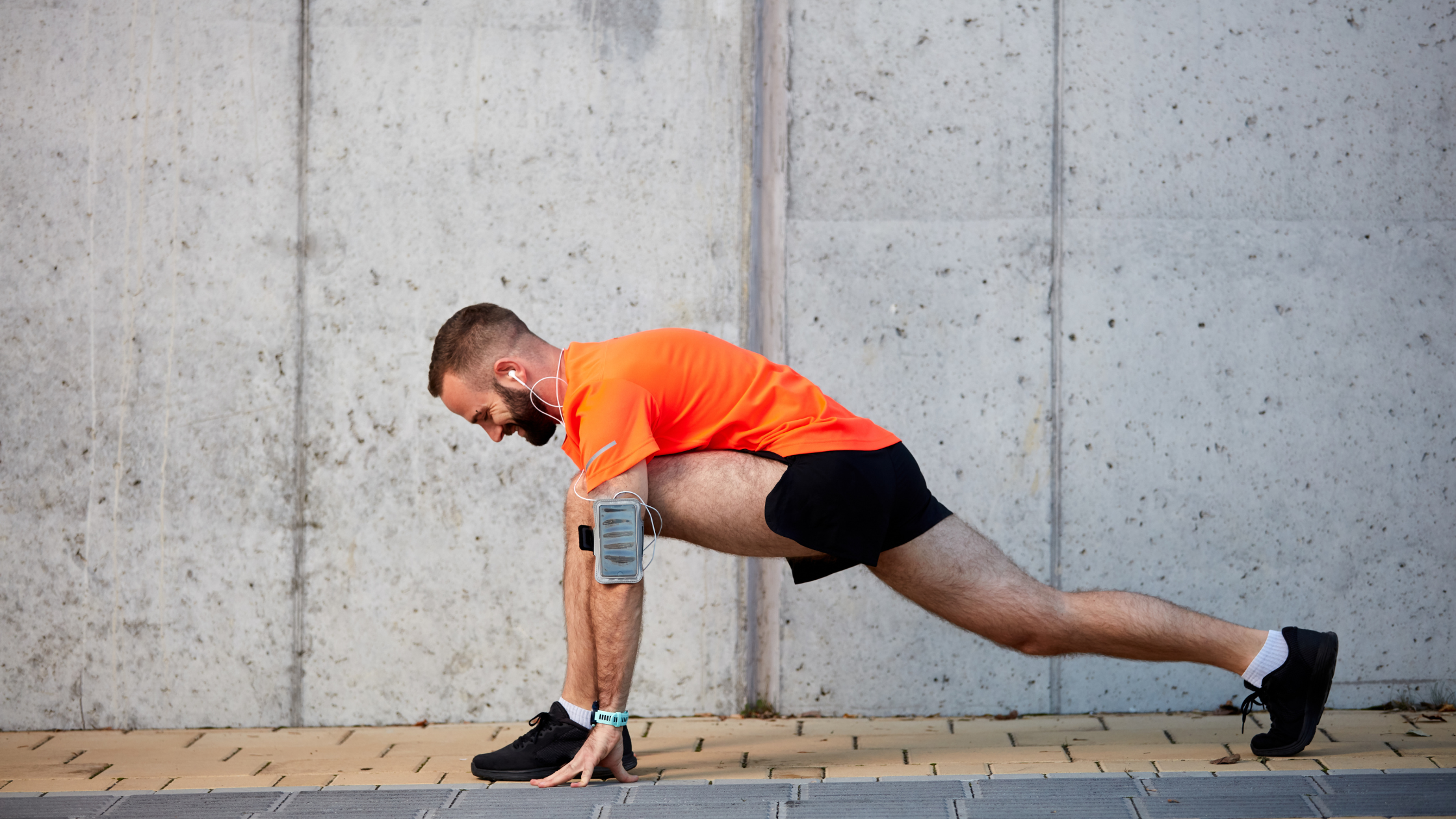
Here's a good stretch to try and one that doesn't require too much effort following a marathon:
1. Lie on the floor,
2. Scoot your bum to the wall
3. Rest your legs up on the wall. This will greatly help to reduce any swelling that might want to occur.
It also makes for a good, easy stretch after the marathon. Hold this position for about 10 minutes. Maybe you can shut your eyes and take a nap. :)
Wear your compression socks for 48 hours after your marathon.
It has been proven that wearing compression socks helps in enhancing functional recovery while reducing swelling and soreness.
If you didn't wear any during your race then put compression socks on once you cross the finish line.
You can even sleep in them the first night or two post marathon for extra recovery benefits!
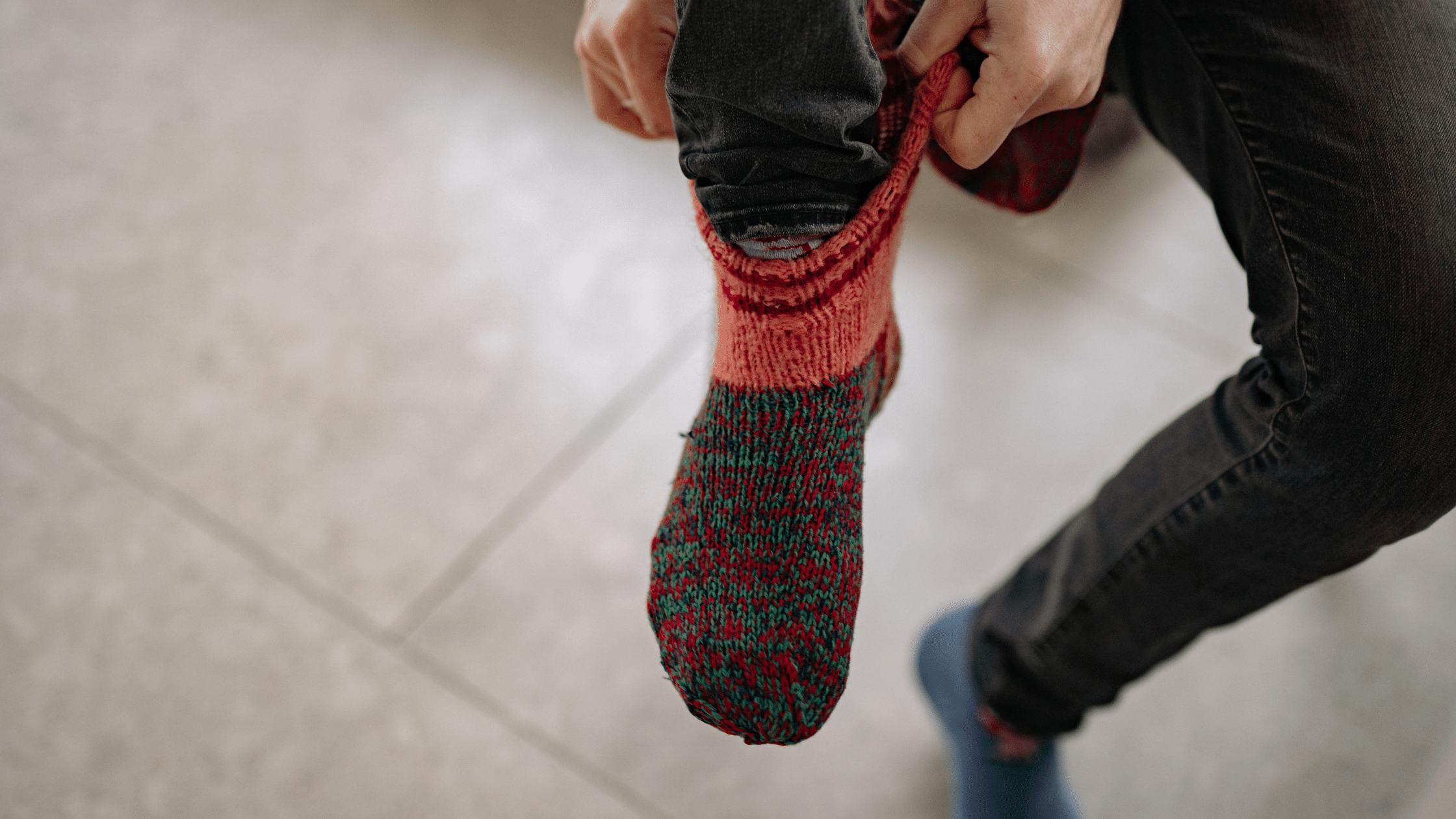
Relieve any chafed areas.
Areas on your body that have experienced a lot of friction, sweat, and rubbing during the race can cause you misery!
Rub some Vaseline or Body Glide on the affected area.
Keep your marathon recovery diet at
55-60% carbohydrate so that you can start to replenish those depleted glycogen
stores.
Choose foods that are higher in glucose like, pastas, breads, and rice.
Try to also eat at least 20% protein to help the muscles begin repairs and recover faster. Here is a list of foods (and activities) that are best for you post marathon.

Keep Drinking Water!
This needs to be a priority during your entire marathon recovery!
Drink lots of water to keep yourself from becoming dehydrated which is still a threat post race.
Your cells have lost a lot of water throughout the race and like your carbohydrate stores they need to be replenished. Besides, drinking (and stretching) will also help to reduce muscle soreness.

Replace your sodium and elecrolyte levels in your body.
You have been sweating out important minerals for the last 26.2 miles. In order to get back to feeling your best they need to be replaced.
You can do this by continuing to drink your electrolyte filled energy drink. Or celebrate and recover by have that salty margarita.
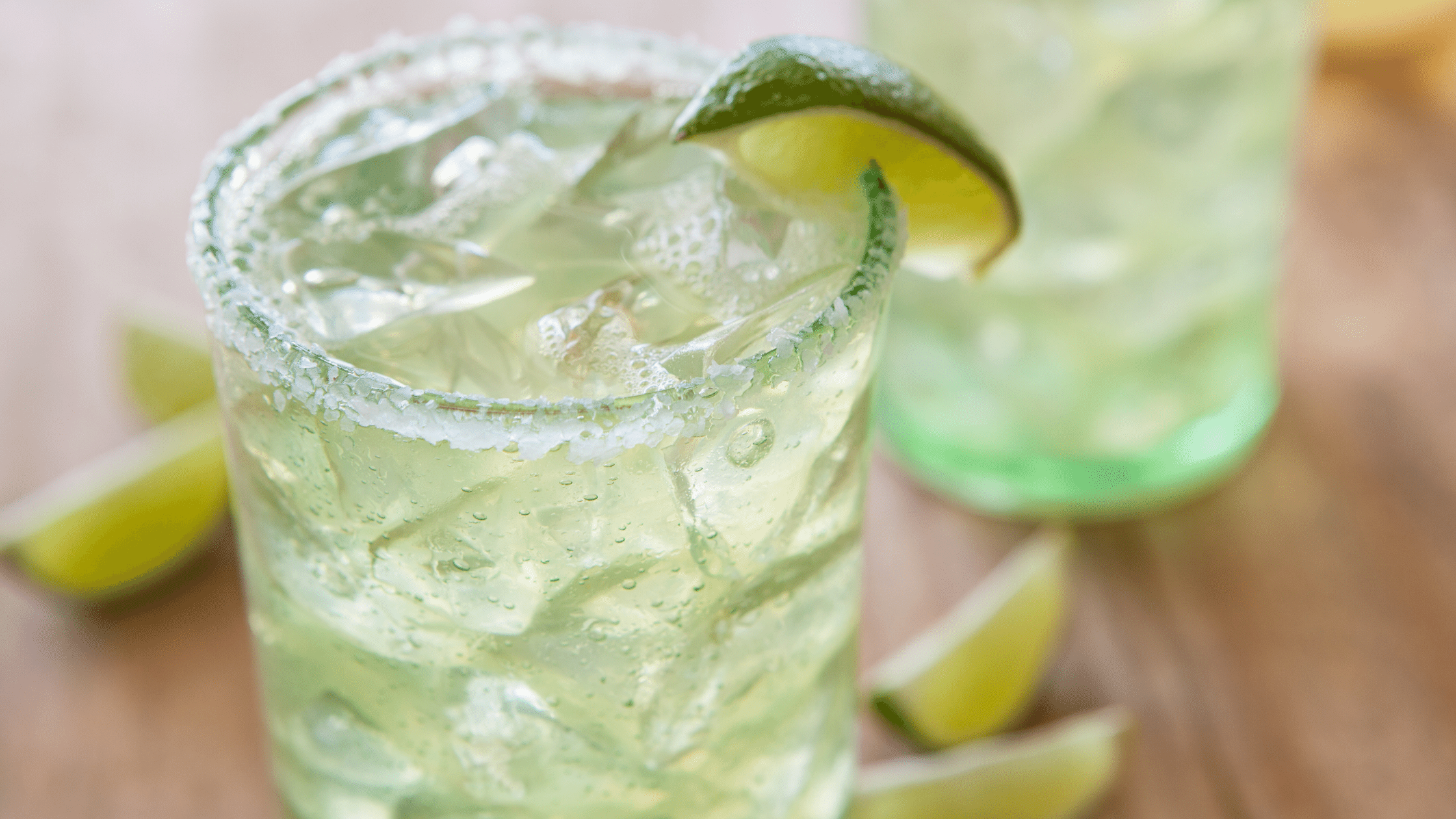
Before you go to sleep the first night after your marathon:
Foam Roll or Stretch Right Before Bed
You may experience tightness especially the first night post marathon. Try to use your foam roller to loosen up those muscles at least once throughout that first day.
It would be best to foam roll right before bed as loosening the muscles will:
- cause them to relax, enabling you to fall asleep faster,
- have greater quality sleep
- help you find a more comfortable sleeping position
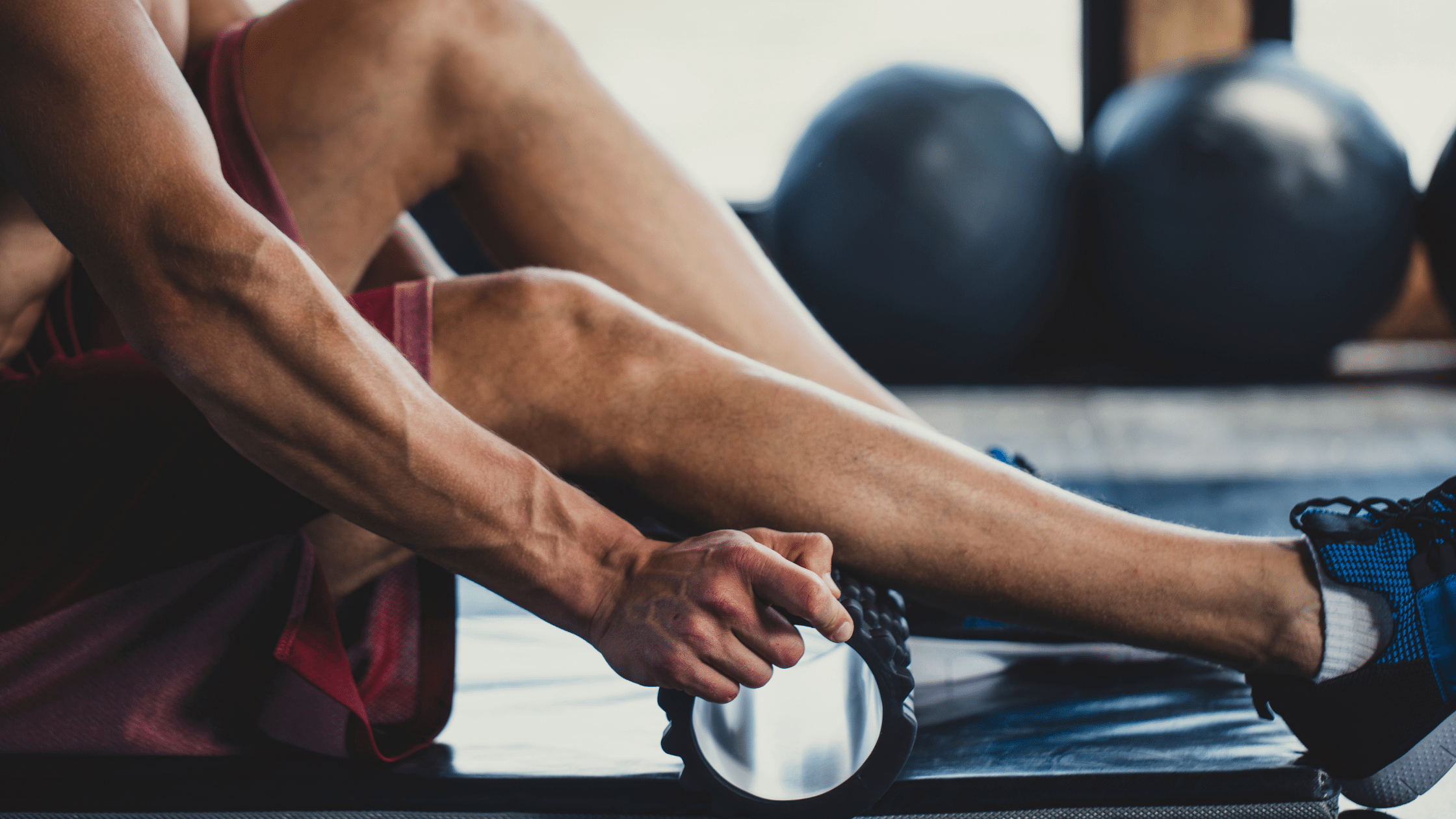
Experiencing Charlie Horses?
If you experience "charlie horses" (more common at night) following the marathon where your calf muscles lock up on you and can cause you to cry like a baby, just concentrate on pulling your toes up and lengthening your calf muscle.
The charlie horse will disappear almost immediately!
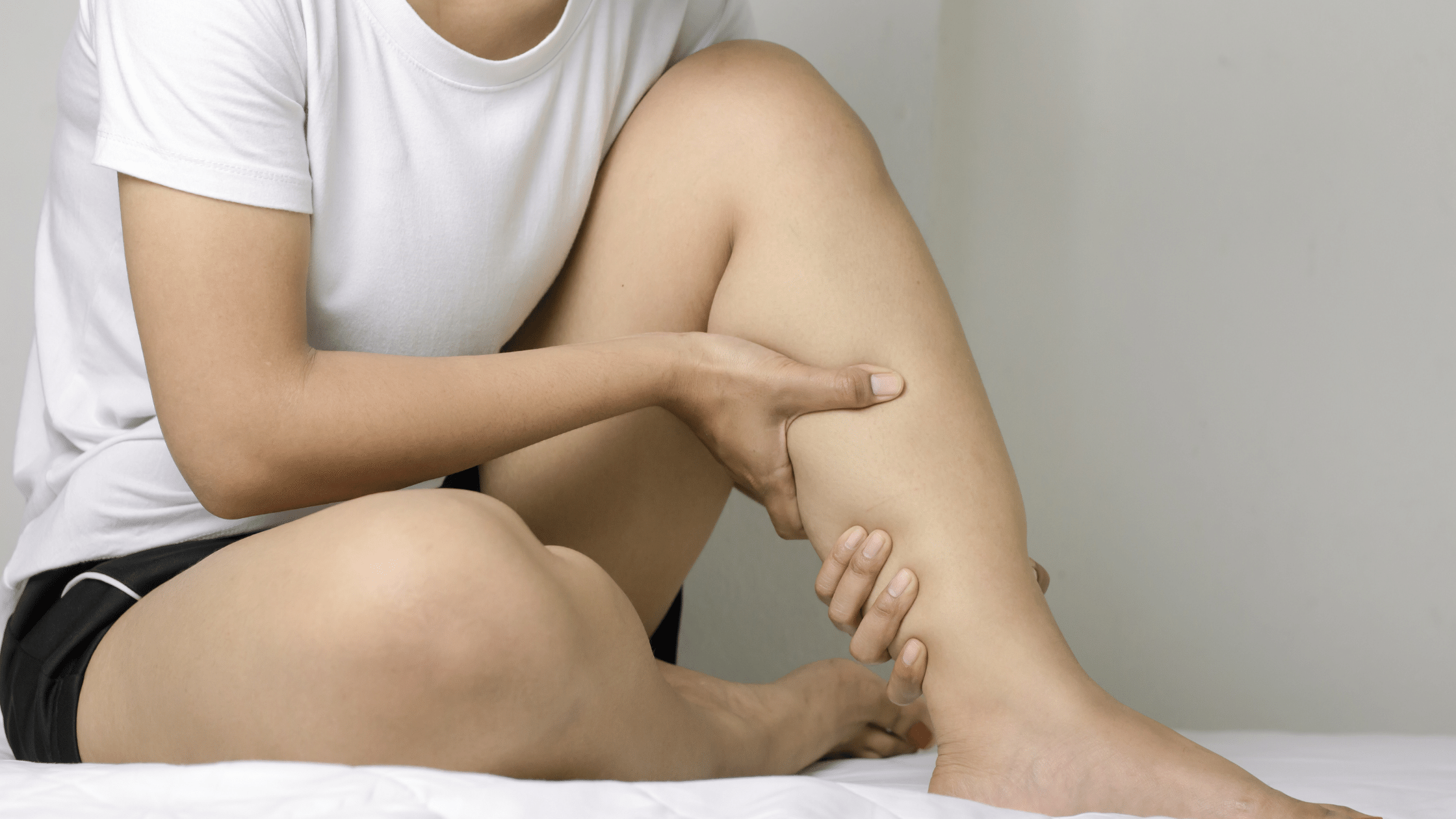
Take Vitamin C Before You Turn in for the Night
Take at least 500-1000mg Vitamin C. Your immunity level will be compromised from running such a long distance.
You are prone to developing a cold, fever, or sickness right after running a marathon due supressed immunity. The best think you can do is to try your best to prevent a cold or sickness.
Make a note to take more Vitamin C (about 500mg) upon awakening in the morning.
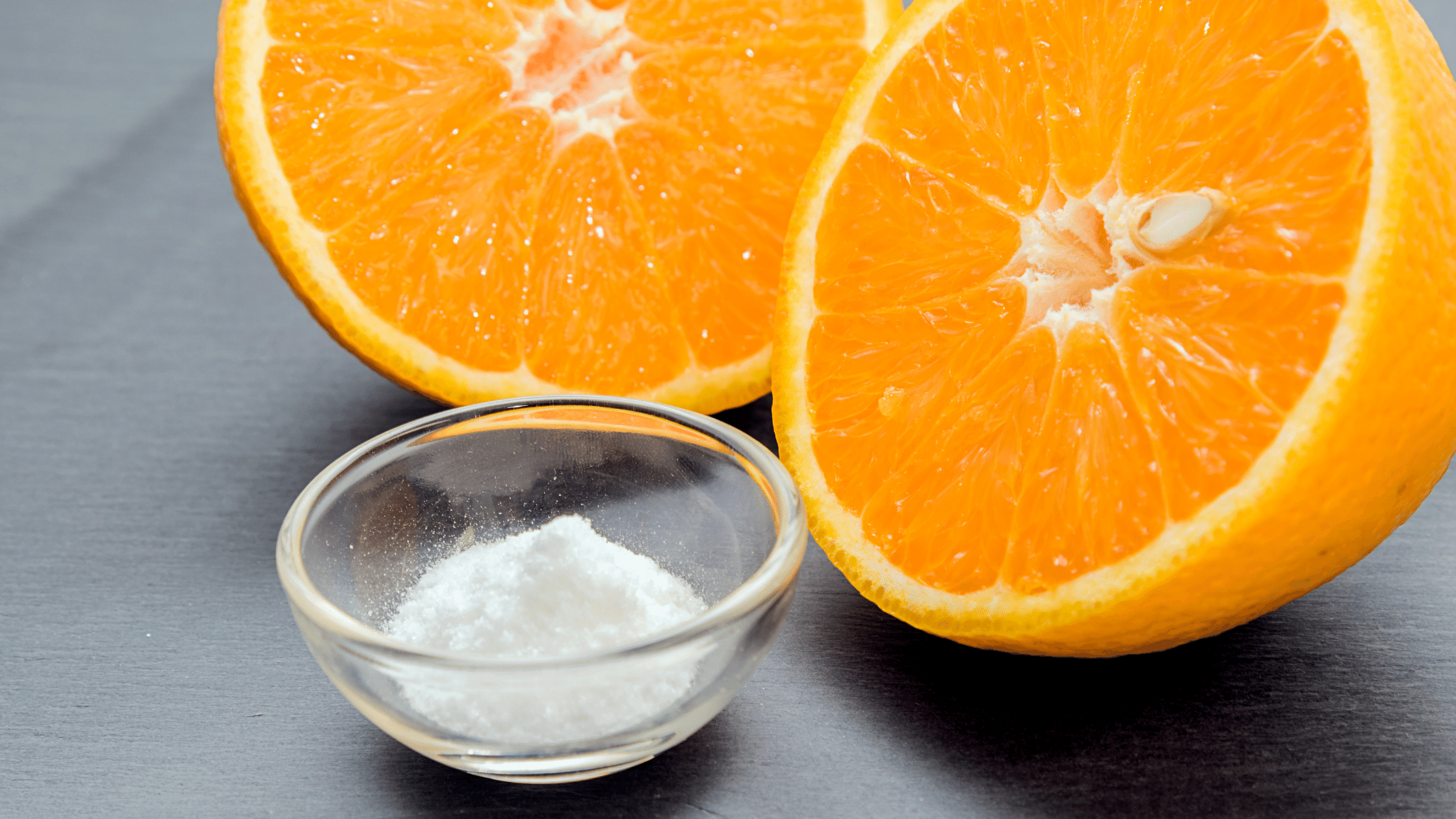
How to speed up the marathon recovery process during the first week post race
Muscle damage is present for at least one week after a marathon. You wont fully recover from the marathon for at least 2-4 weeks after the marathon.
Here are some things you can do to help speed up the marathon recovery process during that first week post race:
- Try to keep your diet at about 50-55% carbohydrates - you are still replenishing your glycogen stores after running 26.2 miles.
- Continue to eat lots of anti-inflammatory foods (fruits and vegetables). Here is a page that is dedicated to ways you can fight inflammation and the best foods you can eat to do so.
- Drink half your body weight in ounces every day - even if this is not something that you already are doing, try to make this a priority for one week. Your recovery will happen so much faster when you are well hydrated. In fact, did you know that dehydration is one of the leading causes of injury?
- Stretch for at least 20 minutes each day. Feel free to break this up between 10 of stretching minutes when you wake up and 10 minutes before you go to sleep. You can find many wonderful stretching routines and videos on YouTube for recovery and repair. Here is a link to my 4 favorite stretches for runners.
- You can do some light exercises such as walking or light cycling or maybe a slow jog but no intense, fast paced running or workouts for at least 2 weeks
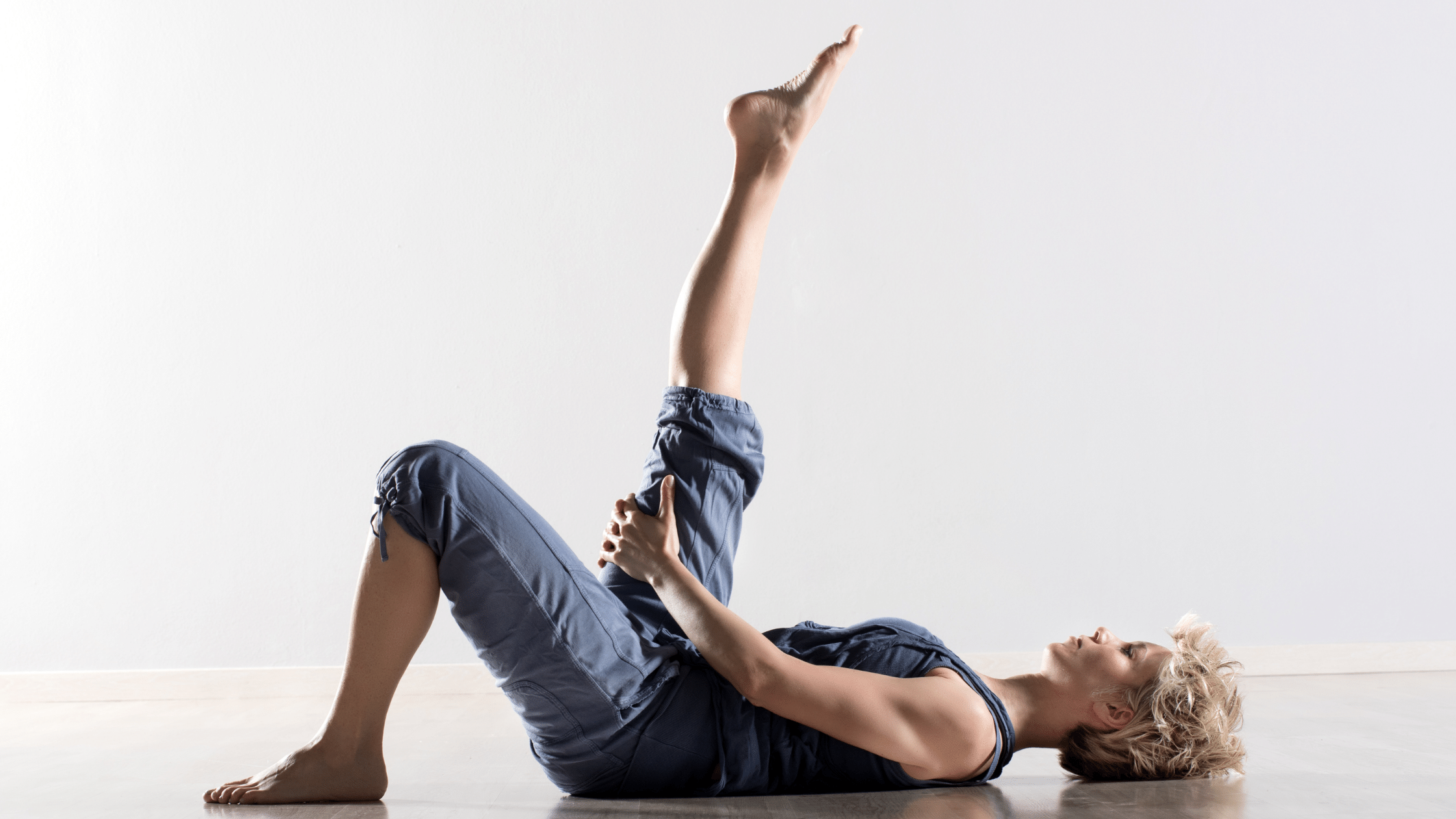
- Remember to wear your compression socks for 48 hours post marathon to get the full recovery benefits from wearing them. If you want, you can even wear them to bed.
- If you are starting to feel "run down" (excuse the pun) take 500 mg Vitamin C each night before going to bed. You can also focus on eating and consuming citrus fruits that are high in VC like oranges, lemons, and grapefruit which help to boost your immune system which has taken a beating over the course of the marathon.
- Give your brain a break - it also needs some marathon recovery time, ok? You just asked it to completely use all its energy to go a crazy long distance. The best thing you can do for it is actually to go to sleep, let it rest, rewire, work through all that you just put it through.
- Write in your running log. Reflection is so important for growth in your running! Go back and look through your training notes and try to see patterns or where you feel like you made the most progress, what you felt helped the most, what you learned, your takeaways from the race, etc. Write it all down. This will also help with the mental marathon recovery from your race. I include a post race reflection sheet in both my Mindset Training for Marathoners and this Printable Running Lifestyle Journal.

When can you run again? When is your Marathon Recovery Cycle Complete?
I like to advise runners to give at least 1 day of rest for every mile that they raced.
So if you run a marathon, take a break from all racing, speed working, and hill training for about 26 days and consider this your marathon recovery period.
You can run but keep it to slow, easy runs at about 60% of your heart rate. Running too an intensely, too soon after a marathon will put you at a high risk of injury.
After 26 days, you can begin another training program (assuming that you are now a die-hard marathon fan). Ease into it though. Don't start training at the fitness level you were at when you ran a marathon. Give your body time to get back into a training routine and start off slowly and gradually.
If you aren't ready to start training for another race but don't want to lose all of your hard earned fitness then here is a plan of action!
Oh, and by the way...Congratulations on a marathon in the bag! You're pretty great. :)
get the week before the marathon action guide + recovery Plan!👇
Get the Week Before Marathon Action Guide (+ Recovery Plan) Here!👉
Pages Related to Marathon Recovery:
👋Sign up to receive the free printable strength exercises for runners: 👇
 |
As featured on:

References:
Armstrong, Stuart A., Eloise S. Till, Stephen R. Maloney, and Gregory A. Harris. "Compression Socks and Functional Recovery Following Marathon Running." Journal of Strength and Conditioning Research29.2 (2015): 528-33. Web
"Foods That Fight Inflammation - Harvard Health." Harvard Health. N.p., July 2014. Web. 01 Apr. 2016.
Kobayashi, Yoshio, Toshiko Takeuchi, Teruo Hosoi, Hidekiyo Yoshizaki, and Jack A. Loeppky. "Effect of a Marathon Run on Serum Lipoproteins, Creatine Kinase, and Lactate Dehydrogenase in Recreational Runners."Research Quarterly for Exercise and Sport 76.4 (2005): 450-55. Web
Alternate Pins:
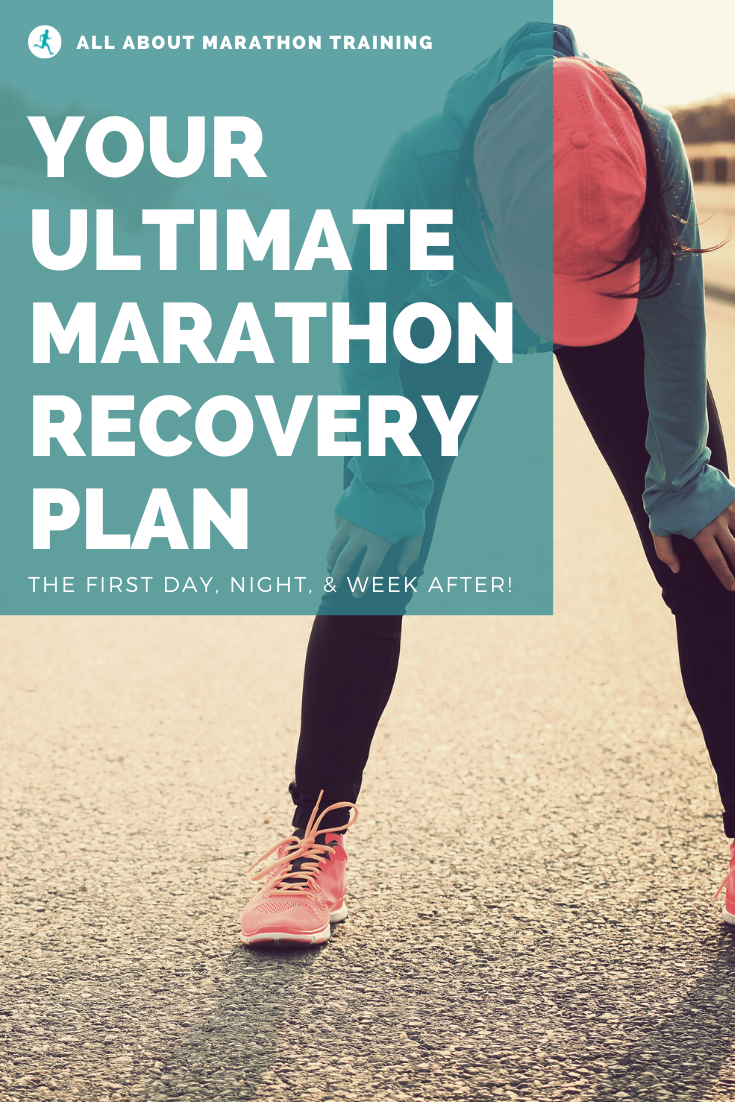
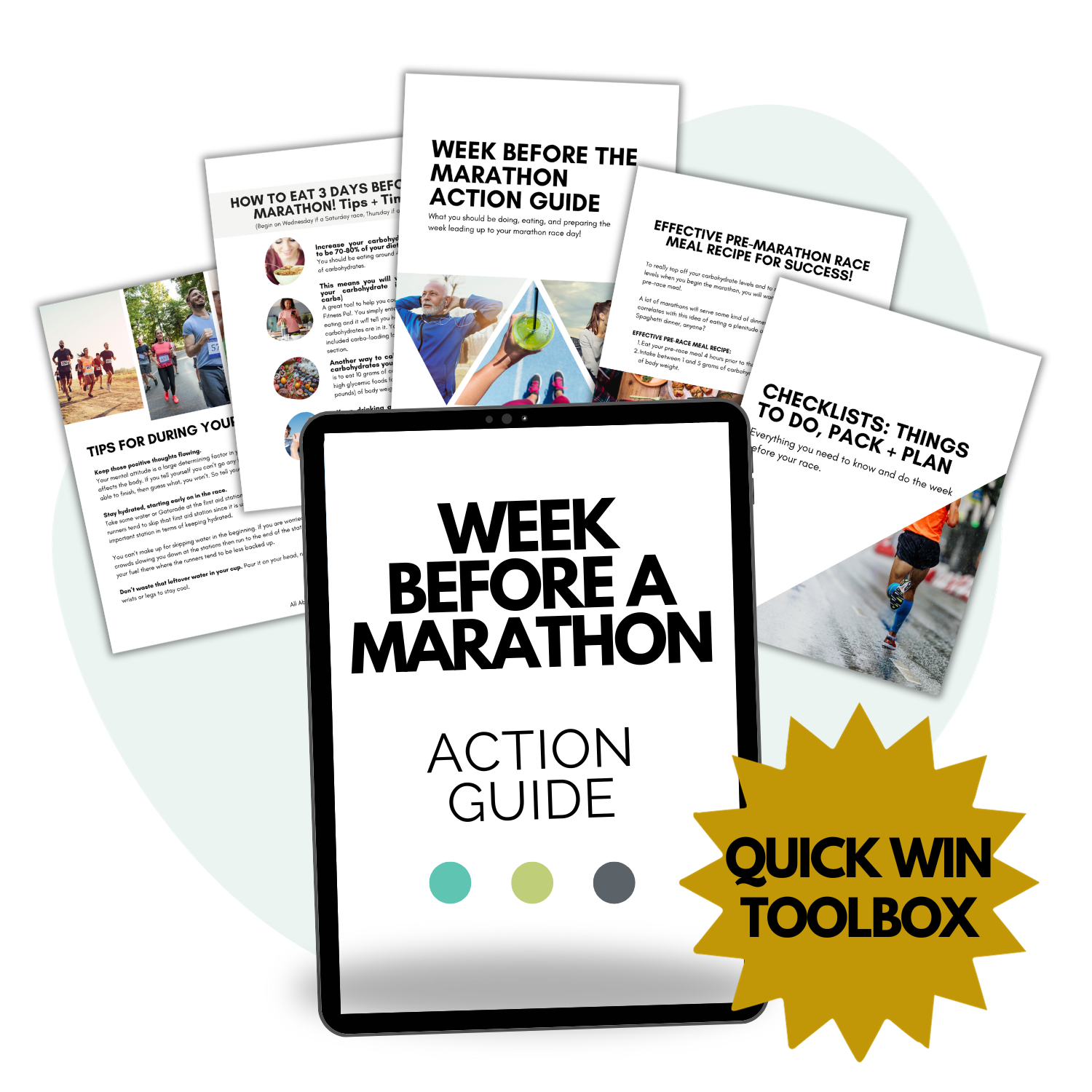
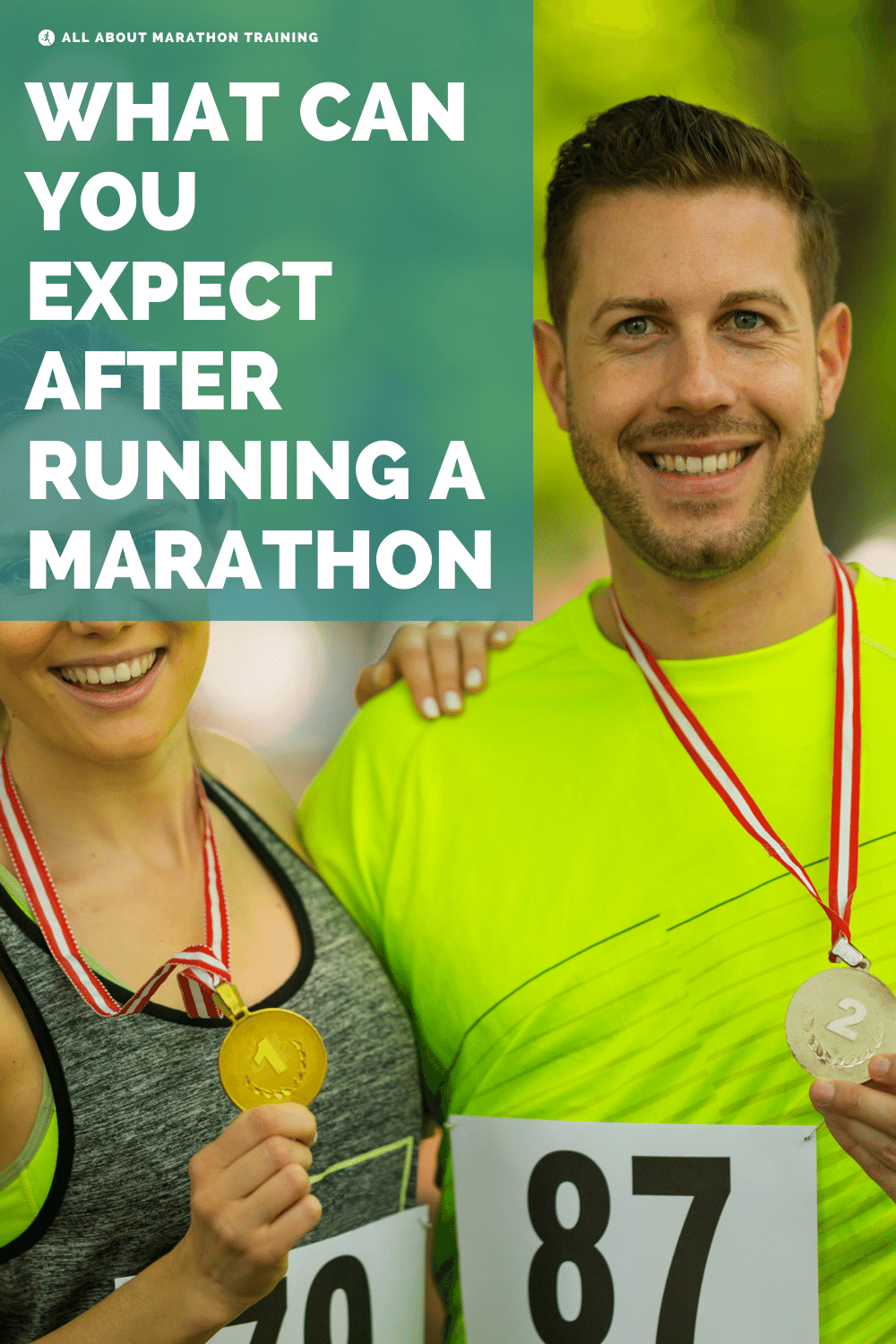
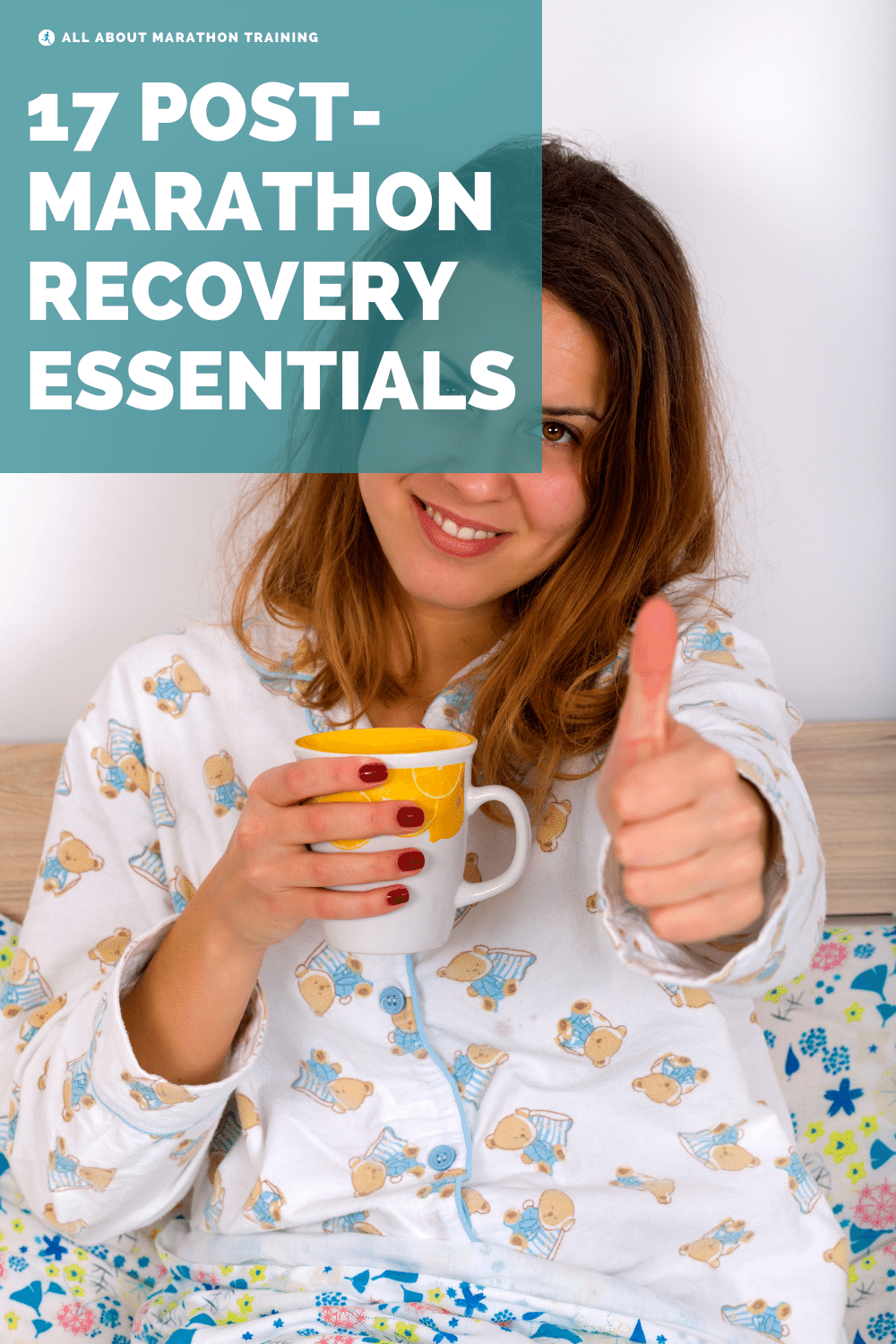
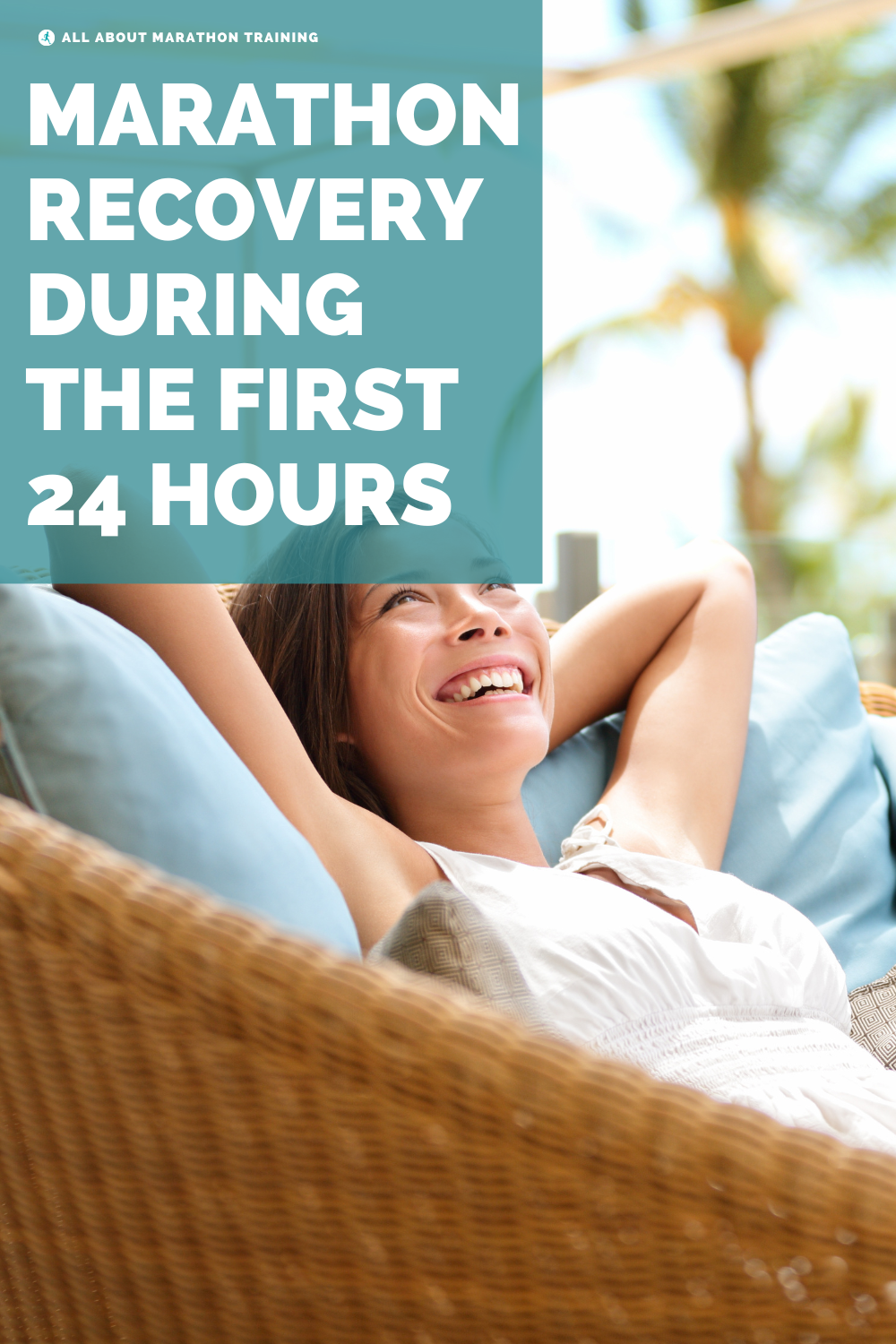
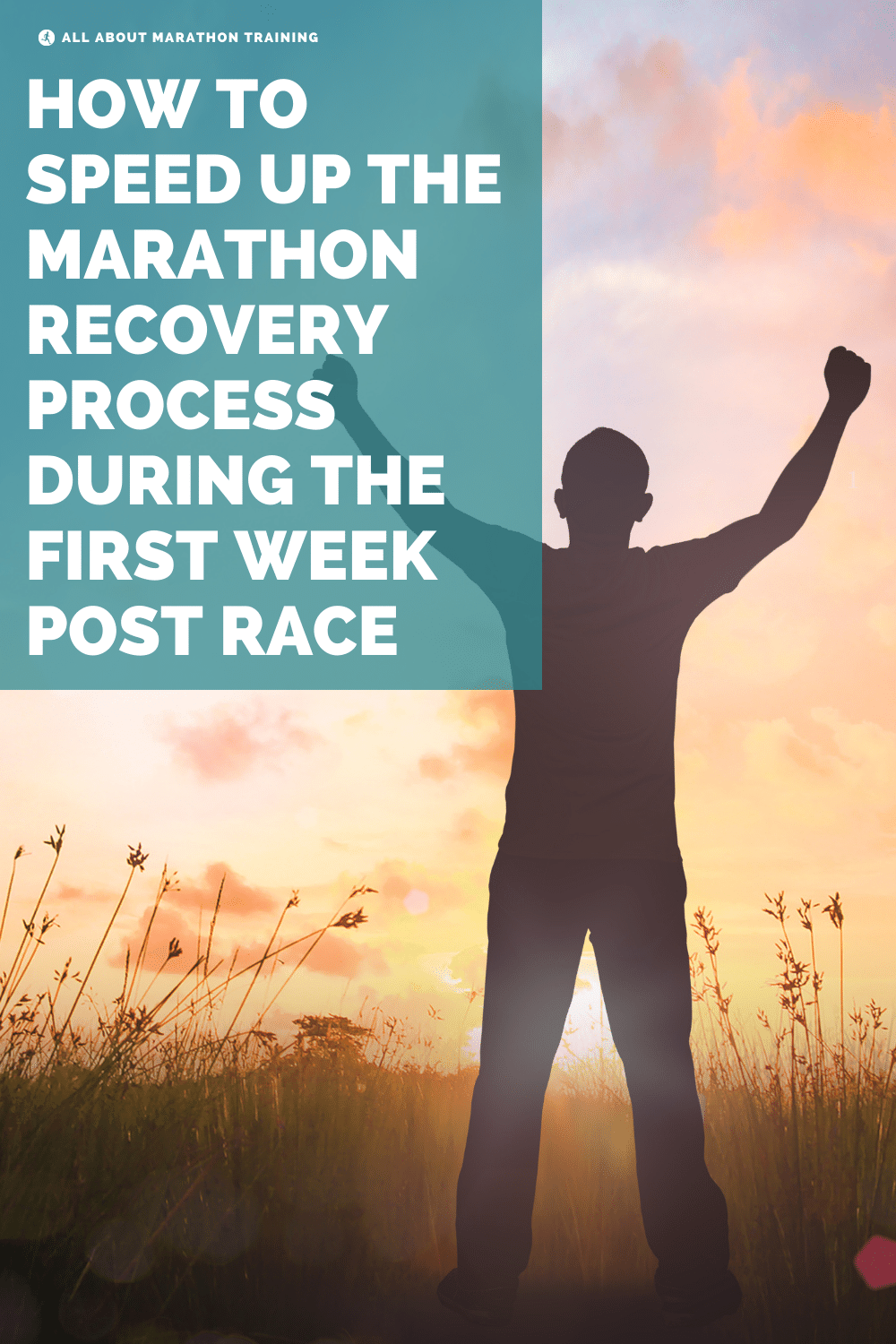
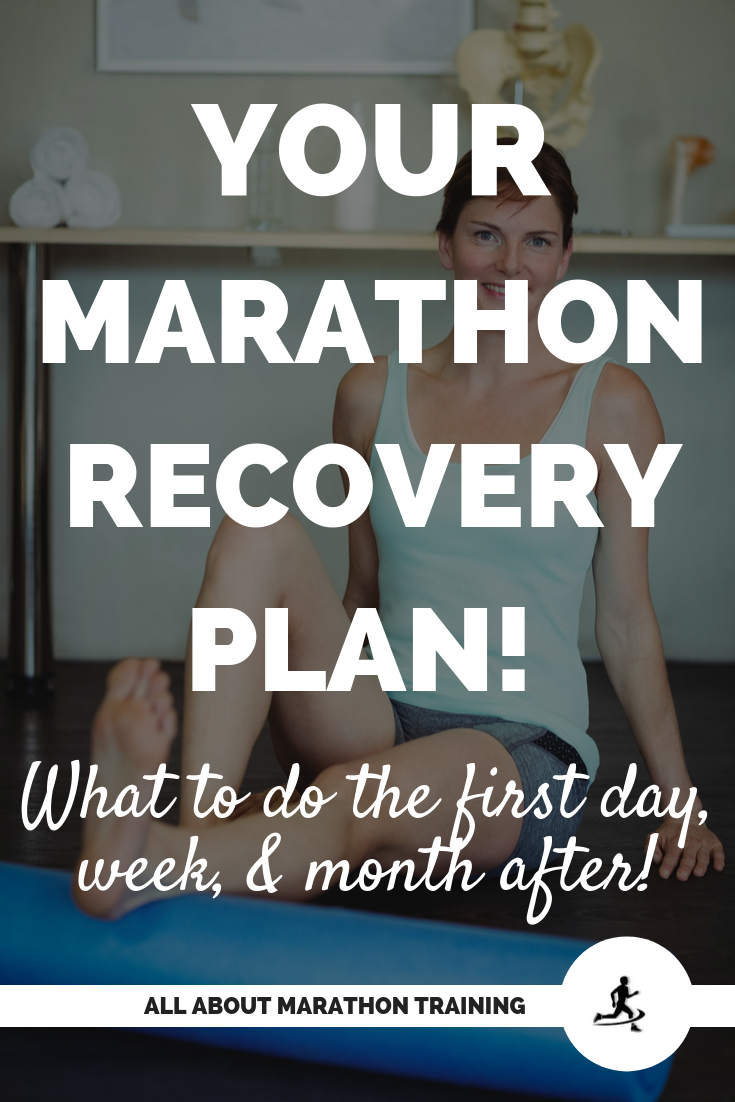
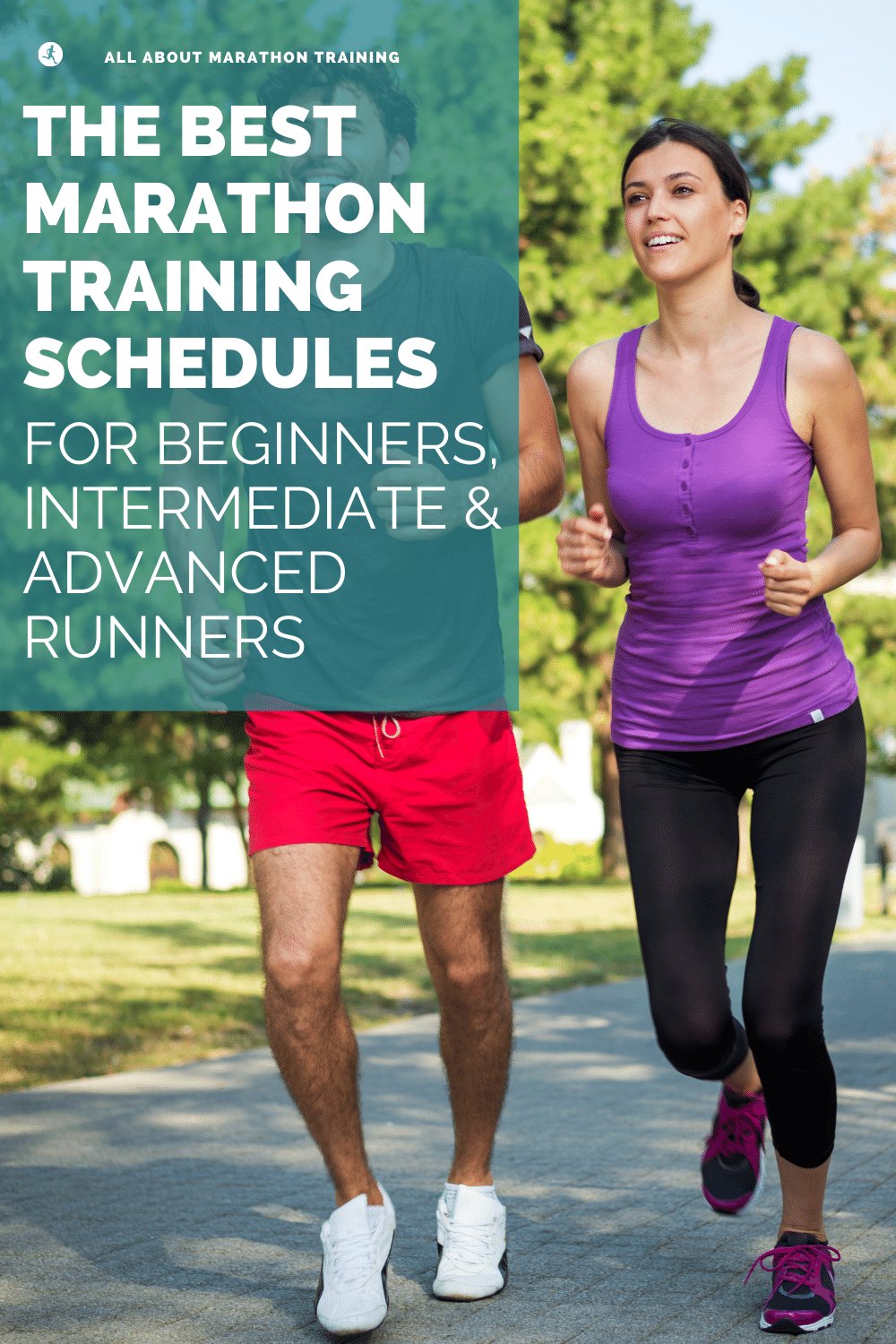
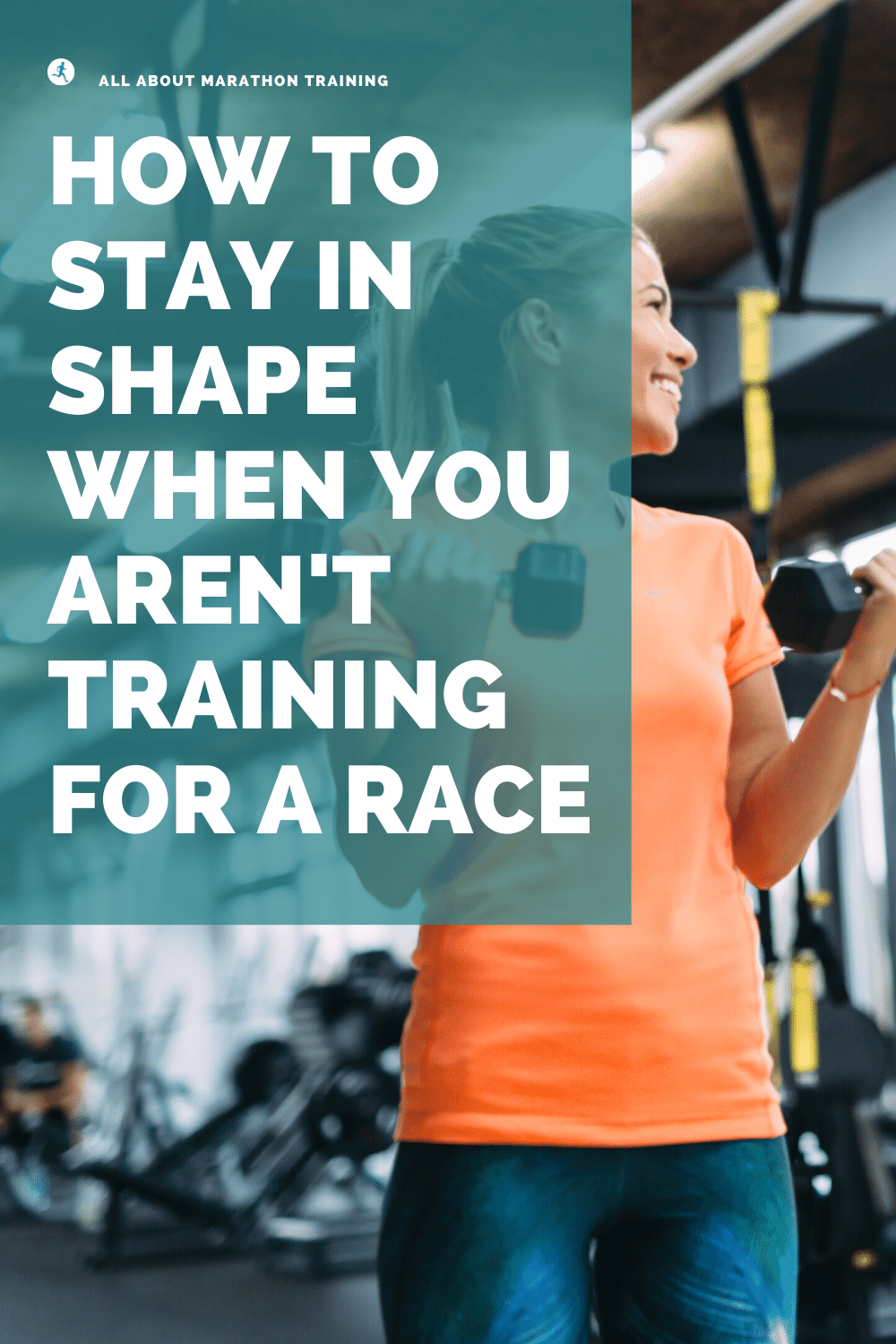
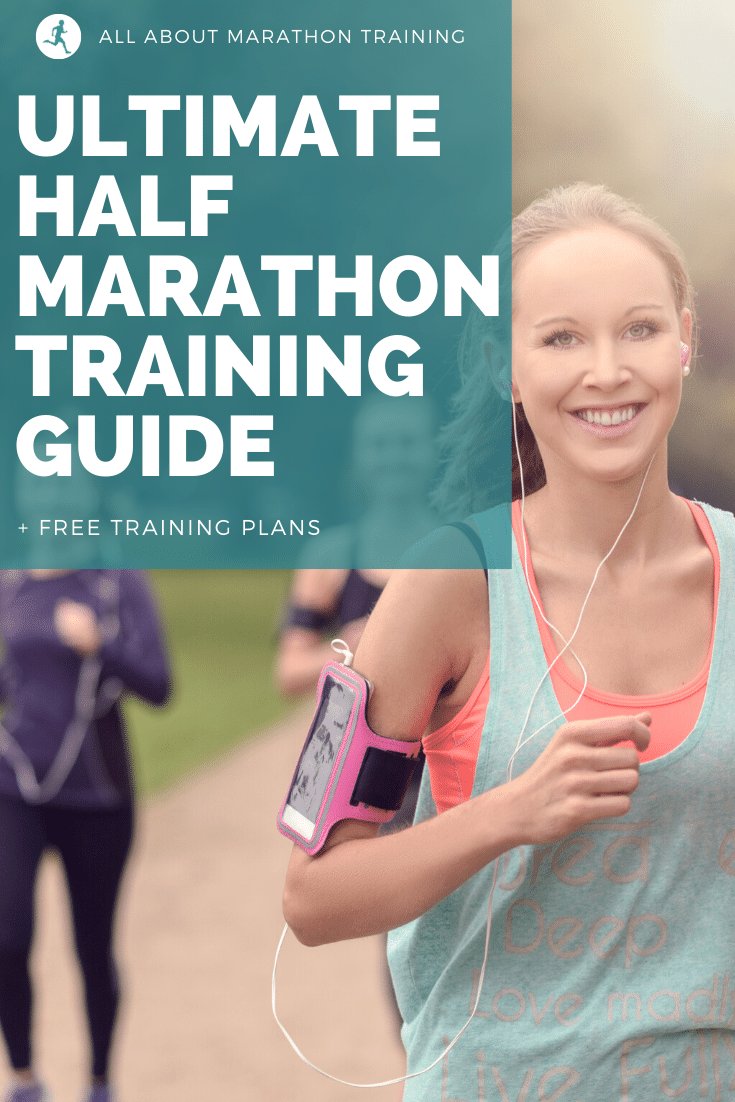
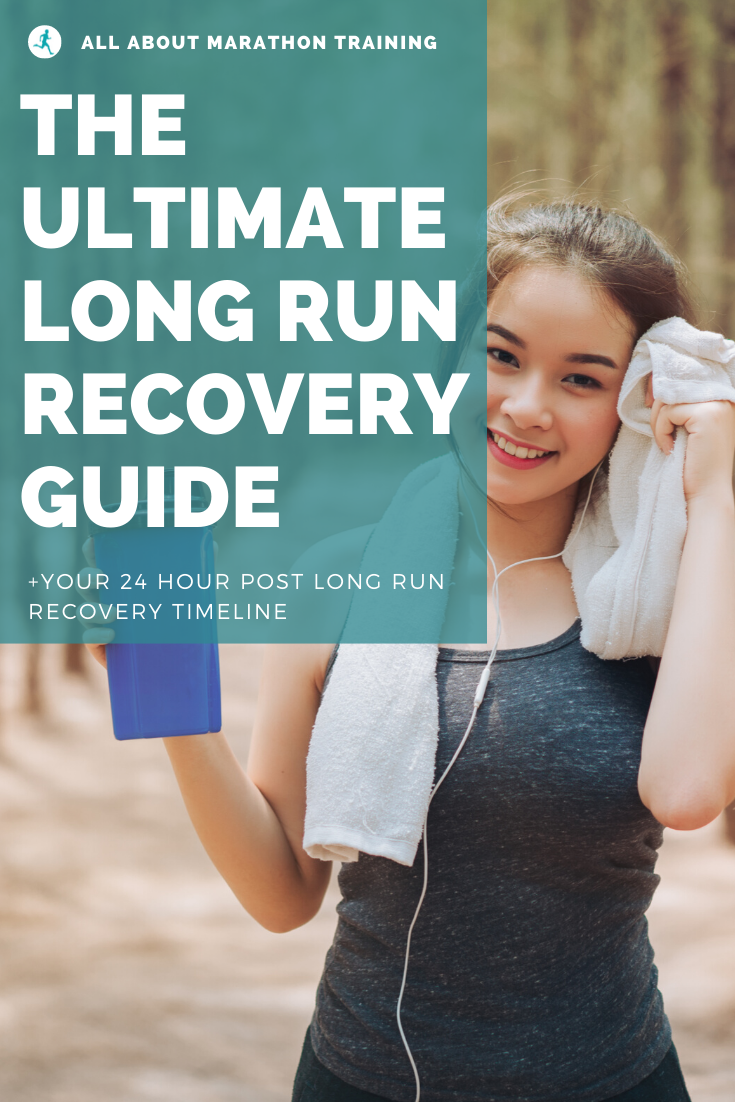
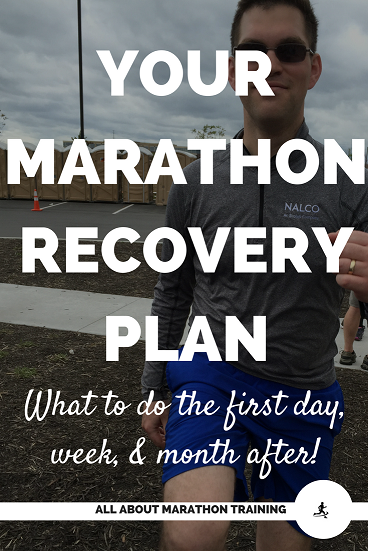
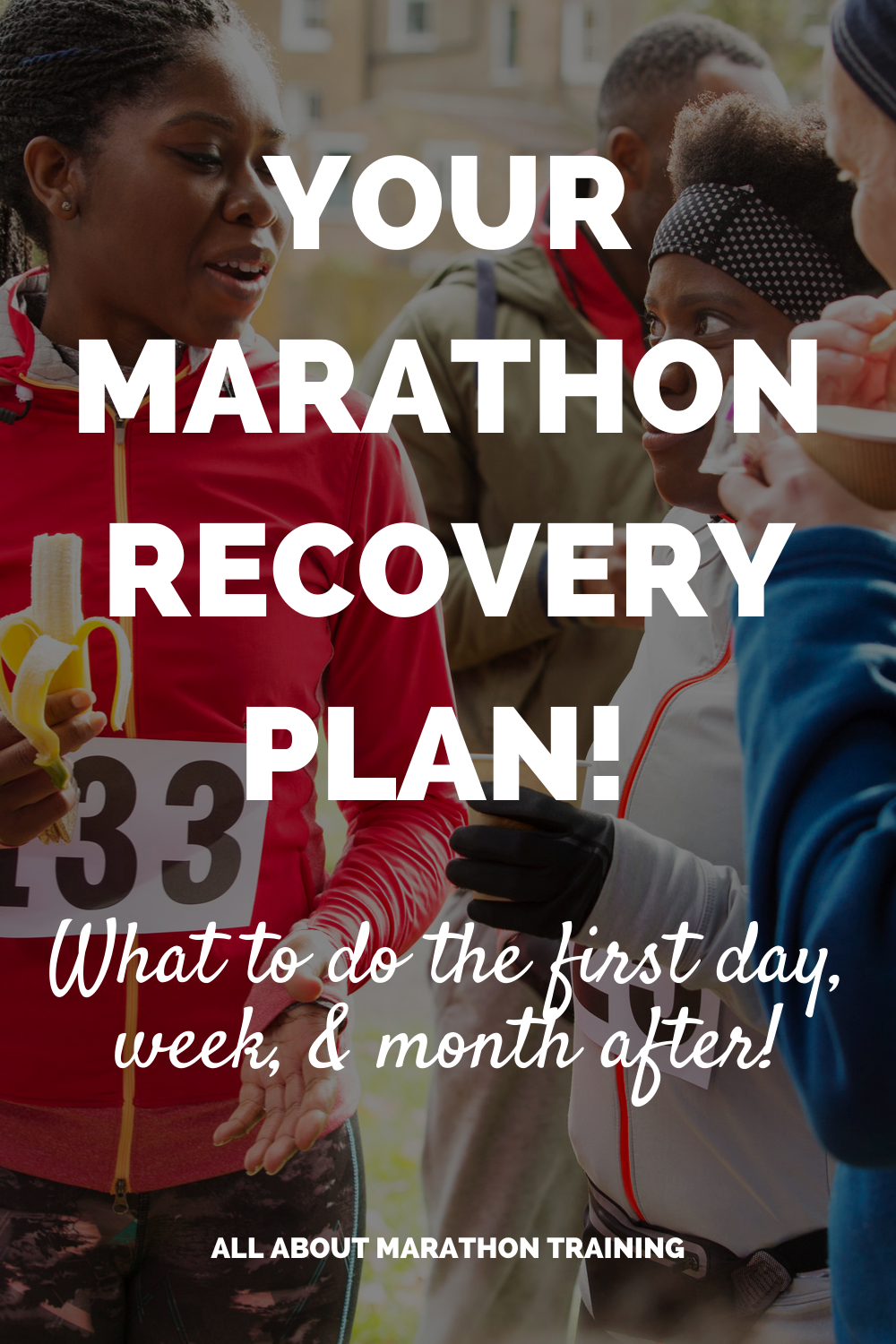

New! Comments
Have your say about what you just read! Leave me a comment in the box below.